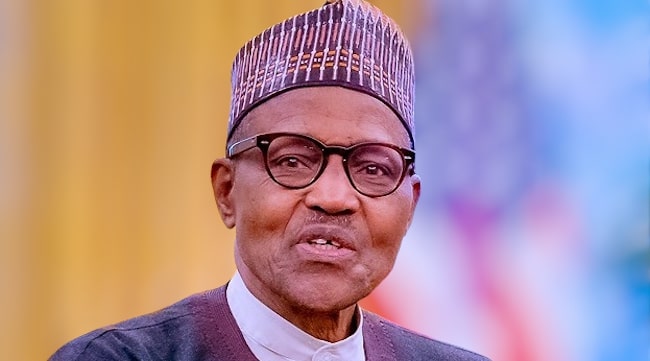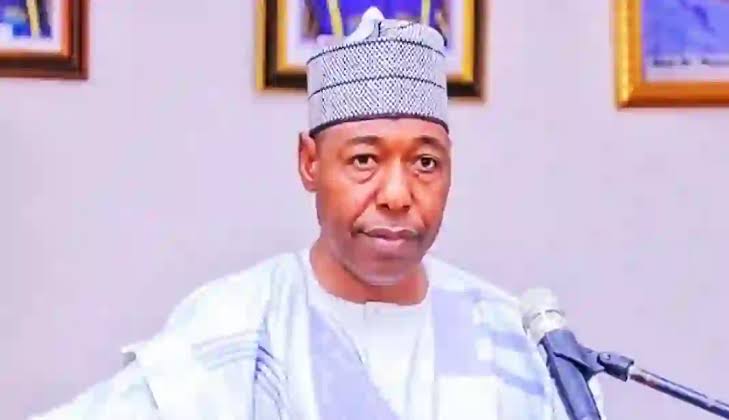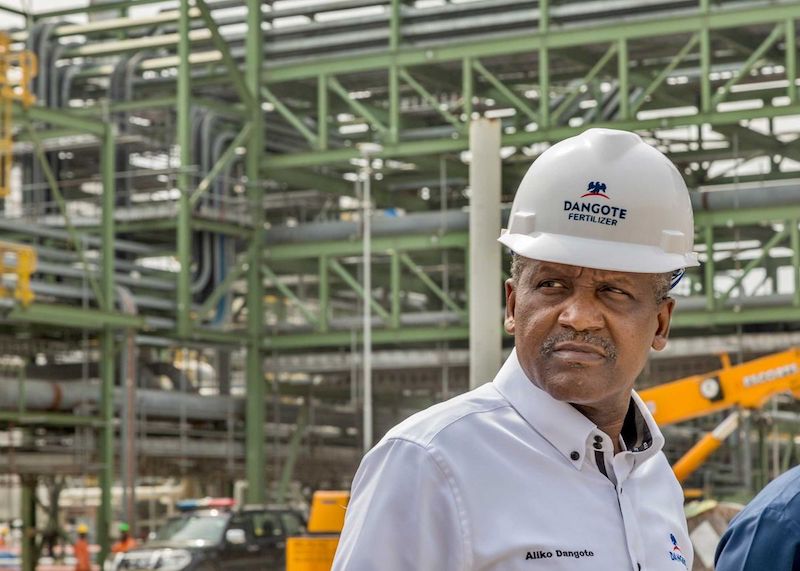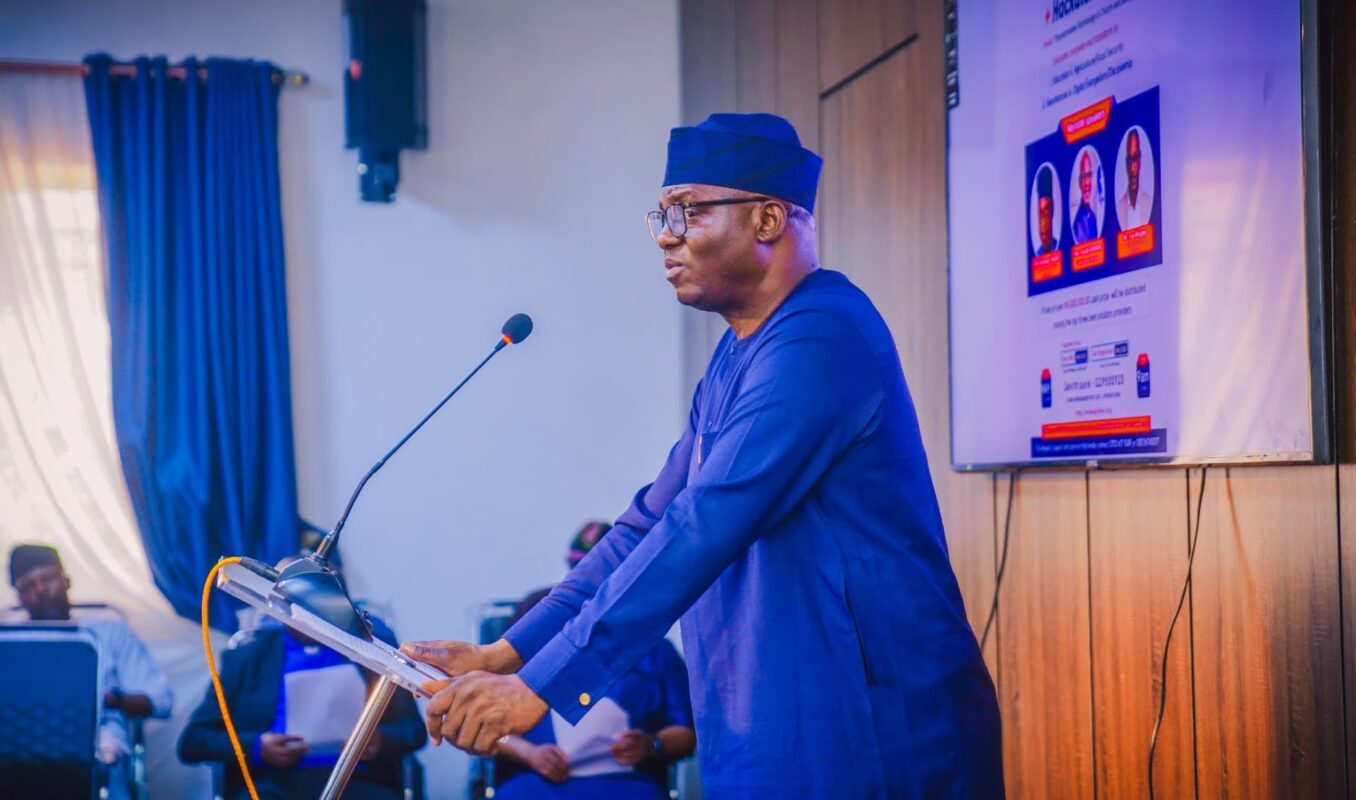Former President Muhammadu Buhari, in a recent statement through his spokesperson, Garba Shehu, addressed the delay in removing petrol subsidies during his tenure. Buhari revealed that the decision to delay the removal was a strategic move to ensure the electoral success of Bola Tinubu and the All Progressives Congress (APC) in the last general elections. However, he commended the current administration for its steps toward implementing subsidy removal and unifying the Naira exchange rate.
Shehu’s statement was prompted by queries from critics questioning why it took Tinubu only weeks to remove petrol subsidies, whereas Buhari did not take such action during his presidency. Shehu emphasized that Buhari did not fail to remove subsidies but instead eliminated other budget-draining subsidies such as electricity, fertilizer, and pilgrimage subsidies, as well as subsidies for diesel, aviation fuel, LPFO, kerosene, and cooking gas.
Shehu reminded the public that these subsidies were already in place when Buhari assumed office in 2015 but were gradually phased out, including the annual fertilizer subsidy, which amounted to trillions of Naira over a decade. While Buhari did not remove the petrol subsidy, he successfully eliminated various other subsidies that burdened the national budget.
Shehu further explained that Buhari refrained from addressing the removal of subsidies on Premium Motor Spirit (PMS) and the dual rates of the Naira during his presidency. He believed that it was more appropriate for the All Progressives Congress (APC) to address these questions. Additionally, Shehu did not want to divert attention from the new administration’s tasks or take the spotlight away from them.
Shehu praised the timing and management of the decisions made by the current administration under the leadership of Tinubu and Shettima. He acknowledged their dexterity in avoiding any crisis arising from subsidy removal and currency unification. Shehu expressed hope that the Nigerian people would support the new leadership and urged labor unions and civil society to collaborate in implementing promised palliative measures.
Shehu clarified that the decision to remove subsidies was not solely the president’s responsibility. The Buhari administration had been contemplating this move since 2015, but it was strategically delayed. For example, the Petroleum Industry Act contained provisions for subsidy removal but was kept on hold for a more opportune time. Buhari believed it would have been unwise to implement these decisions during a period of heightened tensions in the country.
According to Shehu, the delay in removing subsidies was also influenced by political considerations. The APC had an election to win, and various polls indicated that implementing the subsidy removal as outlined in the Petroleum Industry Act could have led to the party’s defeat. Buhari acknowledged that a new administration, led by a capable leader like Tinubu, was better positioned to move forward with these major economic decisions. He expressed confidence in the new administration’s ability to steer the nation toward a stable future and emphasized that sometimes one must lose in order to win.




